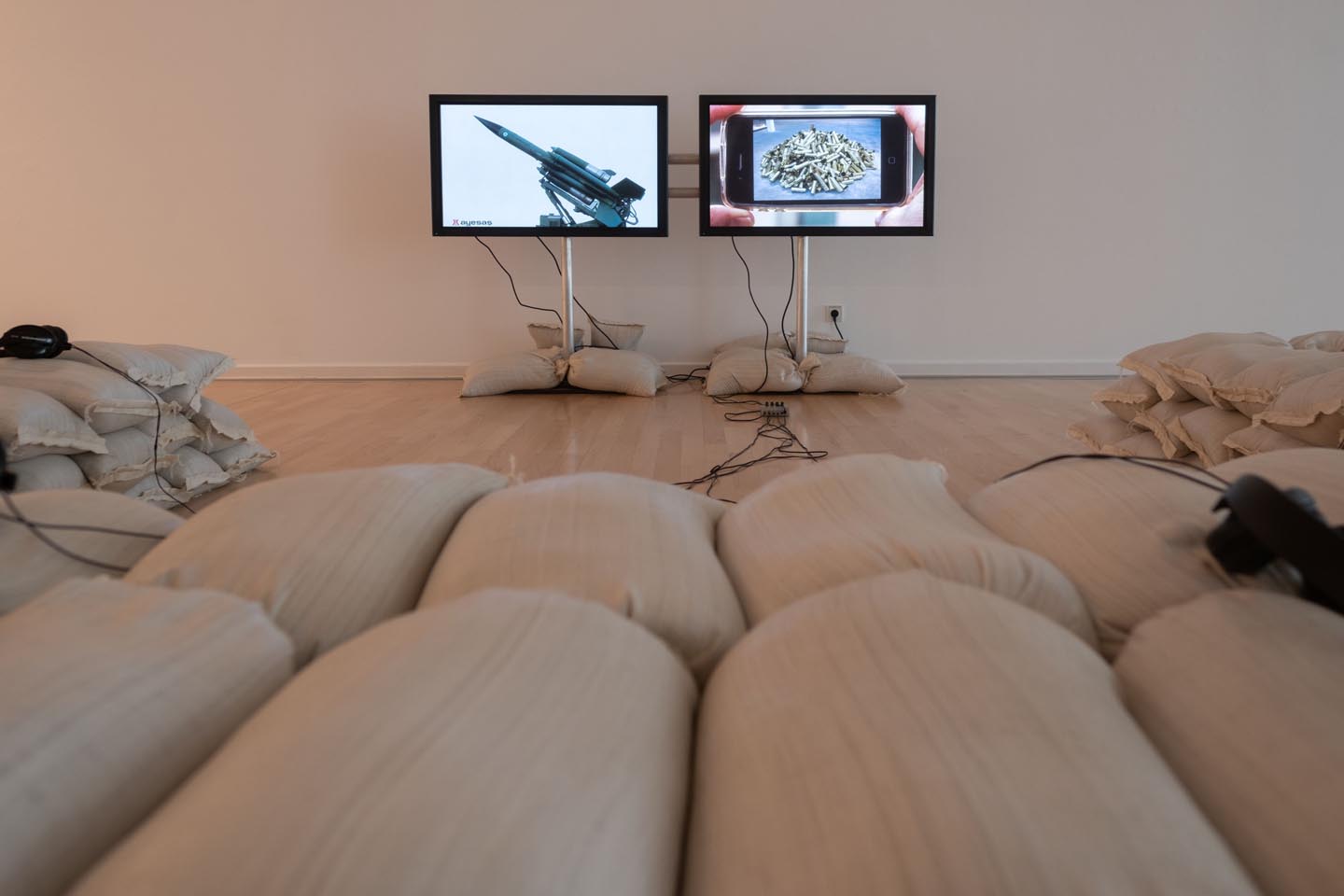The research by Kisito Assangni on “curating as a phenomenological history of everyday life”, continues today in dialogue with Nadia Ismail, Director of Kunsthalle Giessen.
Kisito Assangni: How can museums and universities be used as pedagogical tools in a public sphere characterised by heightened intolerance?
Nadia Ismail: The institutions mentioned can propagate and teach openness. Through multi-layered programming that comes from diverse ways of looking at the world, museums and universities have the potential to unlock new perspectives. They form a breeding ground for discussing social issues across disciplines, and thereby create a sensibility for the new and the unknown. By means of an open discussion and well-founded sources, these places also have the potential to dispel feelings of fear towards the new and the unknown, as well as to challenge traditions. Museums of the future should be natural platforms for discussion, stimulated by the transdisciplinary art that they exhibit. In doing so, institutions should be aware of the history of their own collections and be able to communicate it. This applies to provenance as well as to percentage of women and postcolonial patterns of thought.
What are the subjective and objective elements that make cooperative curating meaningful and valuable?
Unfortunately, the term ‘curated’ is not a protected one, making it prone to misinterpretation and, regrettably, often a target for criticism. It should always be based on an in-depth study of what is being shown, which goes hand in hand with sound research and a presentation that is tailored to the audience. Rather than being about power – which is how it is often perceived – curating is about the potential in being able to observe something from a certain viewpoint. The fact that the whole truth is not being told should be communicated. Therefore, to do so, it is productive to view the same topic from various perspectives. This is achieved, ideally, through cooperative curating.

How do curatorial strategies inform cultural institutions in contemporary society and what sort of critical and transformative potentials can be traced in exhibition cultures?
Curatorial strategies offer opportunities to rethink structures. The expansion into the digital space is perhaps a good example for the conquest of new spaces that have not played a major role in cultural contexts, until now. This has changed completely and therefore it needs to be completely rethought and reviewed. This newly – or better said – sustainably discovered space is (still) relatively free of traditional modes of seeing and interpreting, from which museums in particular can scarcely detach themselves due to their history of collecting. What’s more, the digital space allows for more participation, as there are no distances that need to be bridged. Moreover, the digital does not (yet) seem to be pre-determined by personal hegemony; due to the potential inherent in anonymity, it is possible to eliminate limitations based on gender or ethnicity.

Does an exhibition count as philosophy, anthropology, sociology, etc.? How does this mode of presenting ideas compare to an essay or other more traditional academic outputs?
Boundaries have become fluid in today’s world, and that’s a good thing. No artistic discipline can do without the other and they intertwine conceptually. It is only forms of expression that differ from each other. New terminology may be needed in order to make this conceptually visible. Vocabulary is not as fast moving as the zeitgeist.
In a world of post-truth politics, how can art speak to the problem of the real, truth and facticity from inside a disciplinary practice?
By raising awareness of a multifaceted perspective. It makes it clear that there is rarely just one truth, one perspective or one opinion. To become aware that education and influence can create a completely different reality or facticity could be a key.

How does the recent mass movement of people change the curation of the future?
The individual is replaced by the group. But in my opinion, there should be a healthy balance. Art is becoming more political and art as a medium for expressing a critical position more self-evident, further reinforced by its expansion into the digital space. In light of global developments, it is not surprising that the (visual) arts are equal to an article or a documentary as mediums. The work of female journalists and artists is becoming more and more charged and important in equal measure.
Any book or exhibition recommendations?
I would like to recommend the documentary ‘Störfaktor Kunst’ instead.

images: (cover 1) Edkins+Arjona, «Turning Points» (2) Scher, «Planet Greyhound», 2022 (3) Hito Steyerl, «Turning Point» (4) Thomas Zipp, «A Primer of Higher Space», 2018 (5) Zipp, «Threeshold»









































